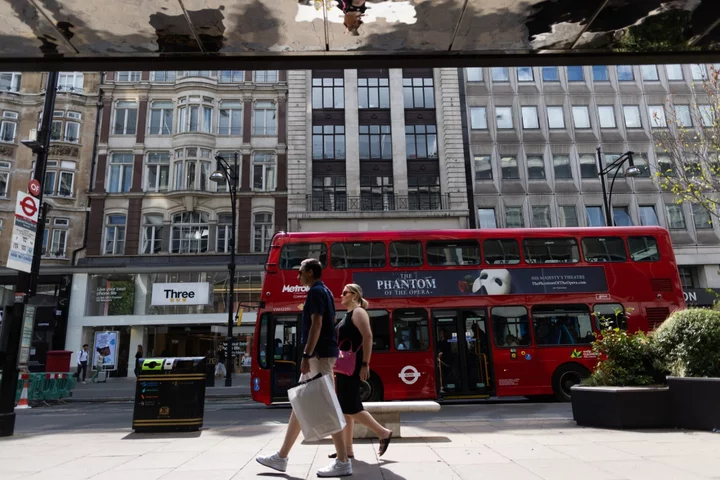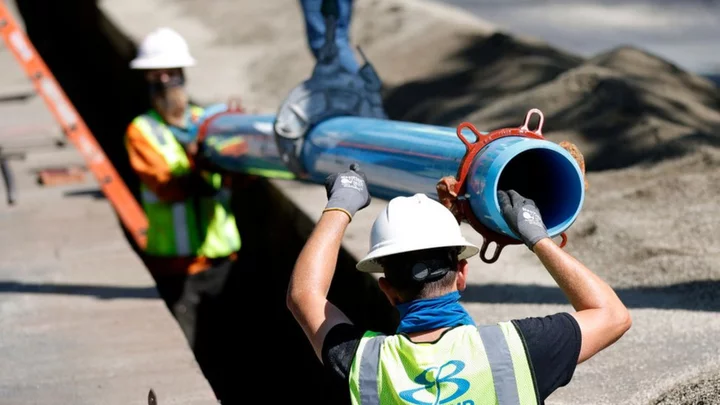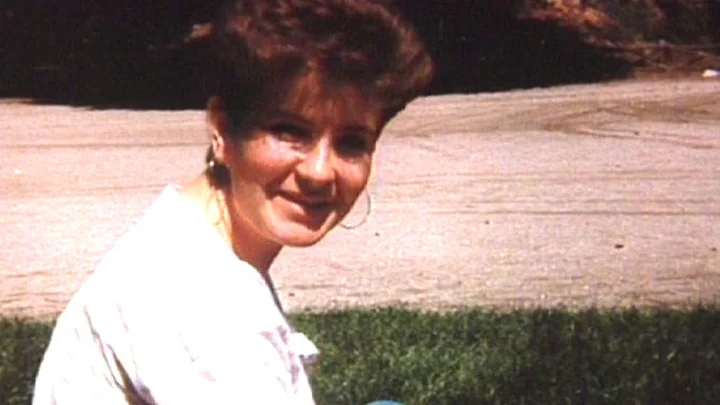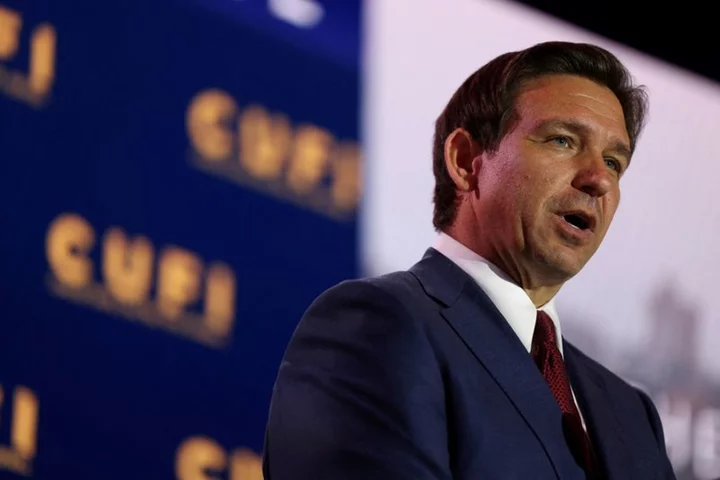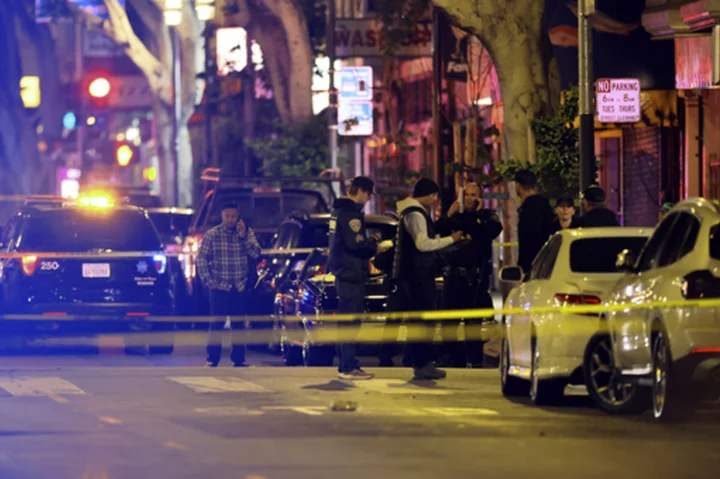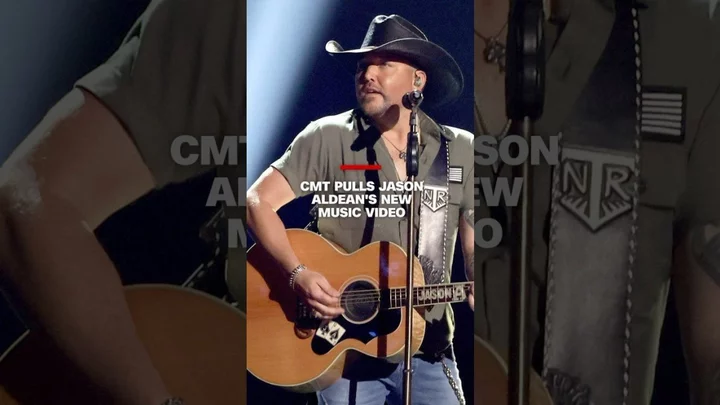UK retail sales tumbled more than expected as unusually warm weather deterred shoppers from spending on clothes for autumn and winter.
The volume of goods sold in stores and online fell 0.9% in September, erasing a 0.4% gain the month before, the Office for National Statistics said on Friday. Economists had expected an 0.4% drop.
The figures add to broader data pointing toward a weakening in the economy. Wage growth is ticking down, unemployment has risen, business activity looks weak and consumer confidence has plummeted.
While inflation was slightly stronger than expected in September, signs of curtailed spending are likely to build confidence at the Bank of England that its string of 14 consecutive interest rate hikes starting to slow demand and inflationary forces.
Warmer weather meant consumers were less likely to pick up autumn and winter clothes. Cost of living pressures also ate into demand for luxury items such as watches and jewelry, the ONS said.
Retail sales are set to be a drag on gross domestic product for the whole of the third quarter, following a steep decline in July and only a slight rise in August. Sales would have needed to show a gain of 1.4% or more in September to counter the earlier slump.
The BOE’s Monetary Policy Committee is preparing to publish its latest forecasts and interest rate decision on Nov. 2. Markets are rates to remain 5.25%, the most since 2008.
Recent speeches from members of the nine member MPC have shown just how divided the committee is. Catherine Mann is worried that wage growth — still near record highs — is inconsistent with getting inflation down to 2%, while Swati Dhingra is concerned that that only 25% of the rate hikes enacted since December 2010 have so far filtered through to the economy.
Huw Pill, the bank’s chief economist, sits somewhere in between — he has warned against “complacency” in tackling inflation, but noted that official data showing persistent wage growth seemed to be an “outlier” when compared with other economic data.

